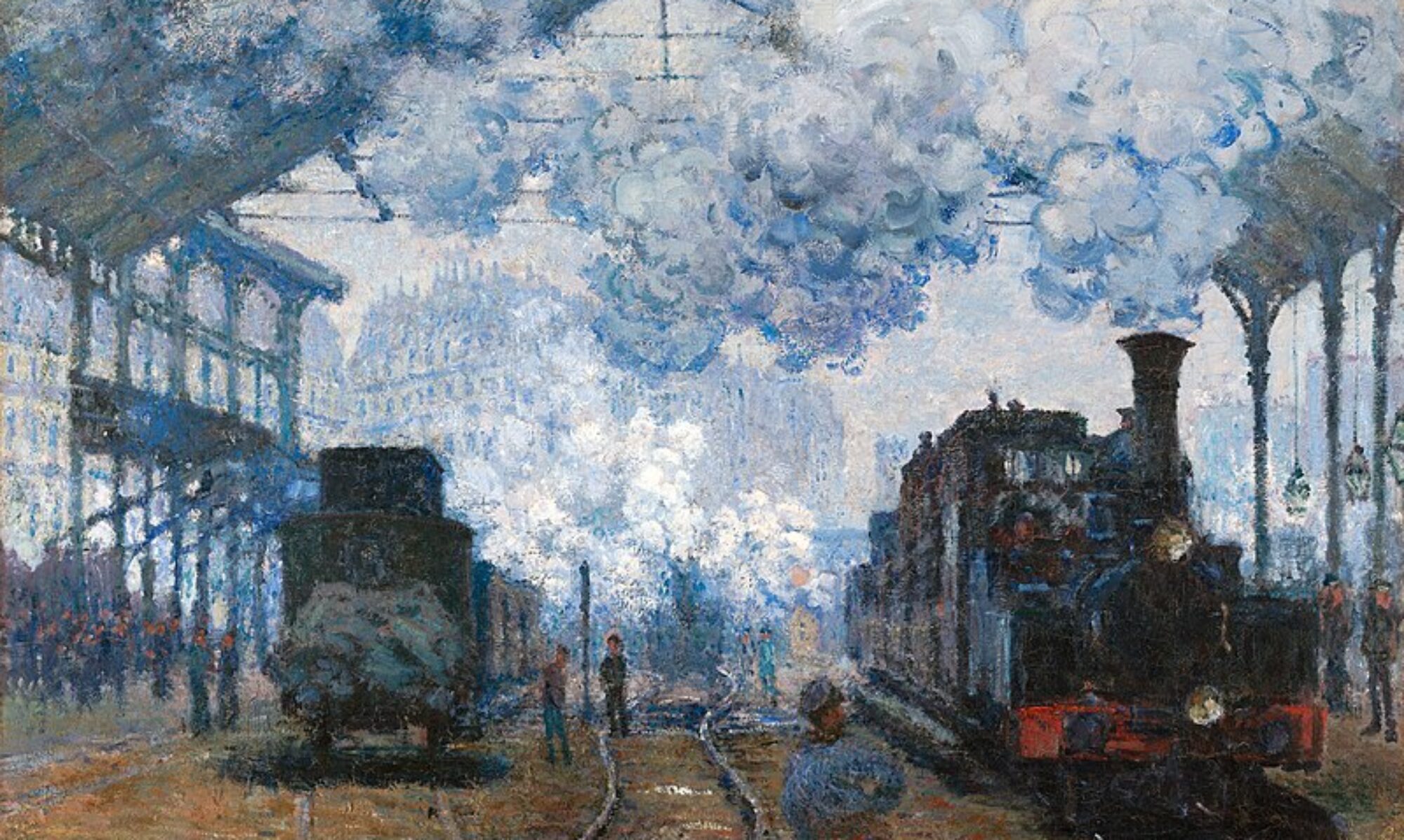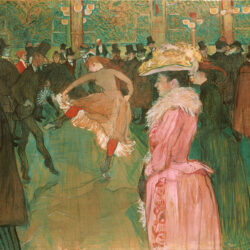On page 62, de Tocqueville remarks, “In my life I have come across literary men who wrote histories without taking part in public affairs, and politicians whose only concern was to control events without a thought of describing them”. He makes it clear that he is aware of the historical context of his writing, unlike his peers who only look at the world from a historical context and do not try to change it, or those who try to change events without care for the potential consequences.
He knows that his recollections are important to history because he was there for the fall of the July Monarchy. With this in mind, how does this mindset affect his writing? Do you think he emphasized certain events looking back? Does this affect the credibility of the source at all? How does he talk about himself throughout this work, and how does he characterize other people? Is this important?


I think Tocqueville heavily focuses on the past revolutions, not only the July revolution which brought down Charles X but the French Revolution which predated his birth. In fact, on page 65, he comments “This was the second revolution within the space of seventeen years that I had seen accomplished before my eyes. Both pained me; but how much more bitter were the impressions left by the second!… Today that freedom seemed dead to me; the fugitive royal family meant nothing to me, but I felt that my own cause was lost” (65). I think a large part of his angst when considering the multiple revolutions that he has witnessed is his belief that the people are fighting for the wrong ideas, he sees the French Revolution as having already establishing the liberties and rights that the French need and everything that has followed as a mockery that is attempting to take the country closer to socialism, which he does not view as a worthy goal. How much do you think his disdain for socialism plays a role in his view on the “monthly” revolutions? Do you think it is fair? In addition to this, he comments on the motives of other people multiple times and he does not take a generous positions which I also think plays a part in the problems that he takes with the events, on page 33, he comments “while many Conservatives defended the ministry only in order to keep their salaries and positions, many of the opposition, I think, attacked only to gain these…” (33). This is important because he is implicitly comparing the motives of the people who revolted during his lifetime but those who did in the French Revolution are seemingly exempt from that same criticism, do you think he would have the similar thoughts on those the only ones who orchestrated and fought in the French Revolution, why or why not?